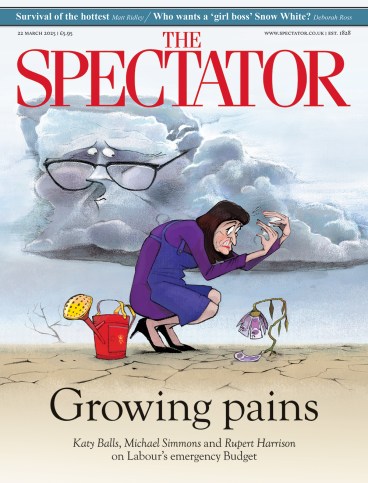
‘Bread is simple. Or is it?’ That is the question David Wright poses about a keystone food that spans the globe and the whole of history. Breaking Bread examines the science behind the ur-loaf, the development of the Chorleywood method, the economics of selling the stuff, the role that it has played in religion and politics – and what its future might look like.
The author is a third-generation baker. After a childhood spent in the Suffolk bakery his father owned and ran (Wright’s birth was announced in the bakery shop window: ‘I smelled bread, played with the dough, tasted it even before I have memory’), he left it all behind for university and a career in the theatre. But he returned to the family business in 2012 to try to save it as it floundered financially. Nine years later, unable to clear the crippling debt, he made the decision to close the 75-year-old establishment. While he remains a professional baker, he is now employed at the renowned Pump Street Bakery in Orford, a hop, skip and a jump away from the place he was forced to close.
As he observes:
Every baker’s bread tells you something about their character. I am unable to escape my own, and when I speak of bread in this book, despite my best efforts at impartiality, I will be tethered to my perspective.
His life has been shaped by the bread he has baked and still bakes, and also by his bakery’s closure. As much as it is a global history of a fundamental food, the book is a reckoning with the loss of a family business and an attempt to make sense of a craft and industry that has been upended by the ‘Faustian pact’ of selling the soul of bread to increase profit.
The pain Wright feels – the frustration and guilt – is obvious. But the book is less self-flagellation and more a critical examination of what has gone wrong with the bread industry – because, as the title suggests, bread is broken. Slow-fermented loaves made with a limited number of natural ingredients are impossible to reproduce at an industrial level and sell at a profit. The supermarkets’ response to this is to speed up the process with enhancers, forfeiting flavour, texture and nutrition, and sell loaves for less than they cost to make. How are independent bakers supposed to compete?
Wright successfully captures both the magic and science of baking:
Once the ingredients combine, many processes take place of their own accord. Transmutation of starches into sugars, formation of complex protein bonds, cell reproduction, gases expelled and encapsulated. The cold fire of fermentation breathing life into the inert clay and the hot fire of the oven forging this precious edible treasure into its own unique forms.
The glimpses we’re given into the unseen, nocturnal world of the professional baker are irresistible, rather like peeking into a miniature town: a whole team of people weighing, shaping, scoring, lifting, loading and unloading.
The craft has been upended by the ‘Faustian pact’ of selling the soul of bread to increase profit
There are gorgeous turns of phrase. Wright’s platonic loaf has ‘a glassine-blistered crust, bronzed but not evenly so, the recipient of a thousand fiery kisses’. The dough mixer ‘would get patched up after every shift with thick engine grease and a wet sponge – like a punch-drunk boxer about to be sent in for another round’. The noise in the bakery on his first night-shift, aged 13, on Christmas Eve was ‘so loud as almost to be unreal, like watching a Foley artist recreating sound for a film track’.
We end where we started – with the simplicity, or otherwise, of bread. As the industry stands, the economics of making ‘real’ bread without sacrificing nutrition, without scalping farmers, millers and bakers and without misleading the consumer, cannot compete with the supermarket loss-leading loaves. Without government regulations, the economics appear to be intractable.
Despite this, Wright’s love for baking is a pure one, which cannot really be motivated by money or business sense or sanity. His passion is infectious. I finished the book resolving to make my own bread more consistently, to seek out certain flours and to purchase more mindfully. Will this make any difference? No, of course not. As Wright puts it: ‘No generation has ever been as informed about their food as ours. The question is what do we do with that information?’








Comments